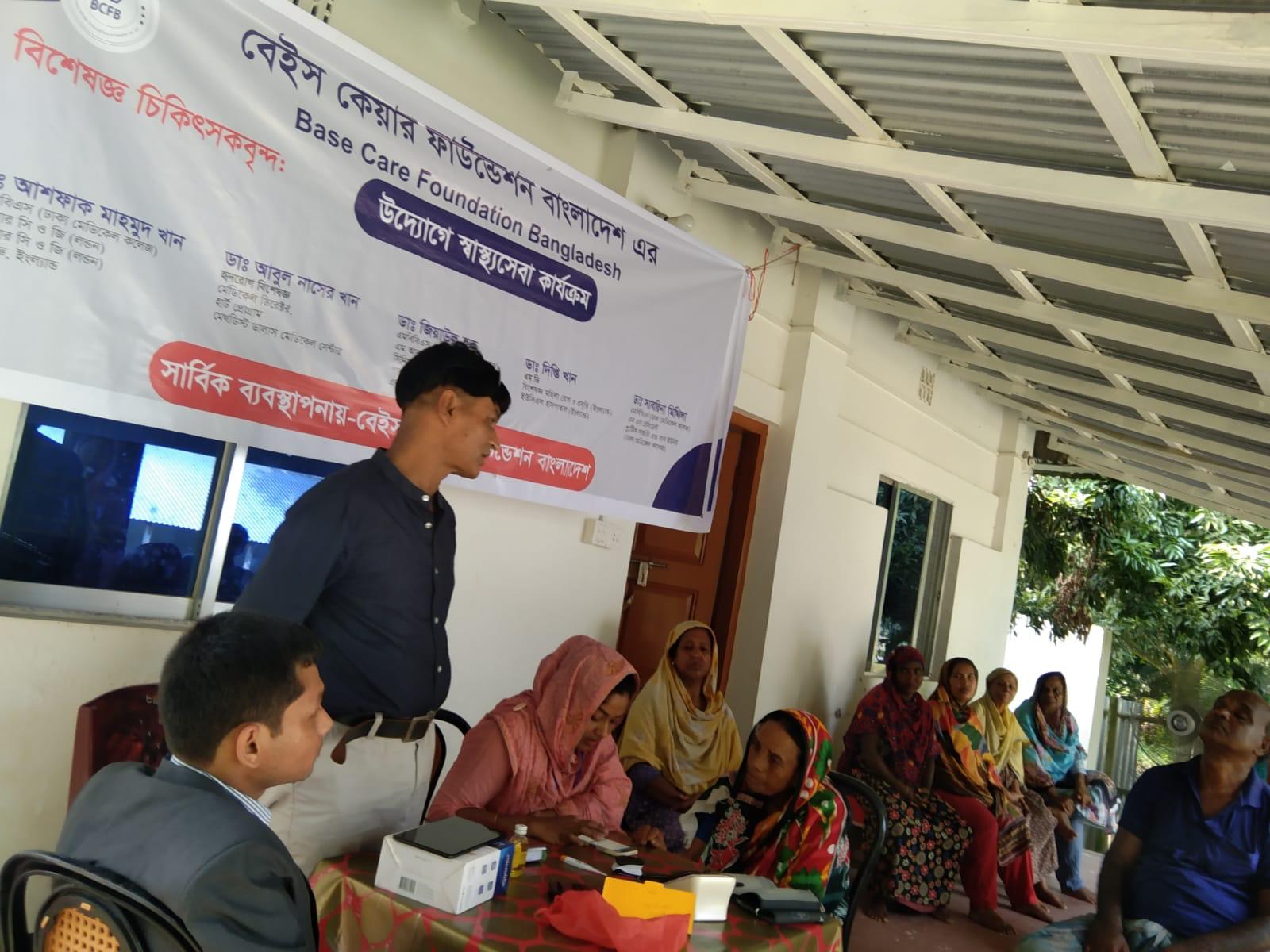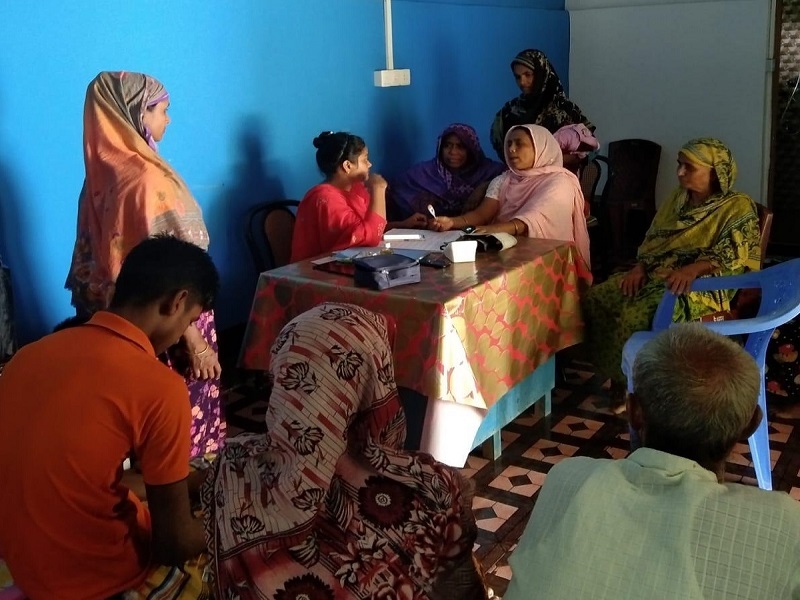Our Earlier Journey
Our journey in primary healthcare arena began about two years ago, focusing initially on two remote villages in Bangladesh: Narsingdi in central Bangladesh and Rangpur in the north. We adopted a partnership model with a local philanthropic, non-political organization / persons . They provided a space that included a consultation room, waiting area, and toilet facilities. Our foundation contributed technical support through our community healthcare workers, Consultation with a doctor and digital record keeping system.
Data collection was facilitated by our community healthcare workers, who gathered information directly from patients using our own built health application software. As a result, all data including consultations, prescriptions, and advice—were digitally recorded from day one. Healthcare workers were trained to collect further information using point-of-care (POC) tools to check height, weight, blood pressure, pulse, oxygen level, haemoglobin level, and lung capacity. Additionally, on-site facilities allowed for urine tests and blood tests using mobile devices.
Our doctor provided advice remotely, reviewing reports and speaking with patients through a digital platform (e.g., WhatsApp). If necessary, further investigations were requested, or medications were prescribed. The clinic operated once a week—on Fridays in Narsingdi and on Mondays in Rangpur. We received significant support from both the organizing partners and the local community. During one phase, we also began distributing essential medications needed for treatment, as we found that many patients could not afford to purchase them.
Observations from Phase 1
Trial revealed that most clinic attendees presented with vague clinical symptoms, often related to musculoskeletal or psychological issues. Only a small percentage (less than 5%) required referrals to secondary or tertiary care. Among the patients, around 90 % were female and children, while less than 10% were male, with most men being over the age of 50. This highlighted challenges in reaching younger males, who are at risk of hypertension, stroke, high cholesterol and other factors contributing to severe health conditions.
One notable trend was that, generally, the population in these villages lacks disposable income for regular check-ups for detection and management of chronic health condition. As a result, they tend to seek medical attention at secondary and tertiary centres when conditions become acute or severe.
Base Health Foundation ( UK ) work directly with Base Care Foundation Bangladesh.
Health check up at the community clinics by trained care worker with POC (Point of Care) Tools
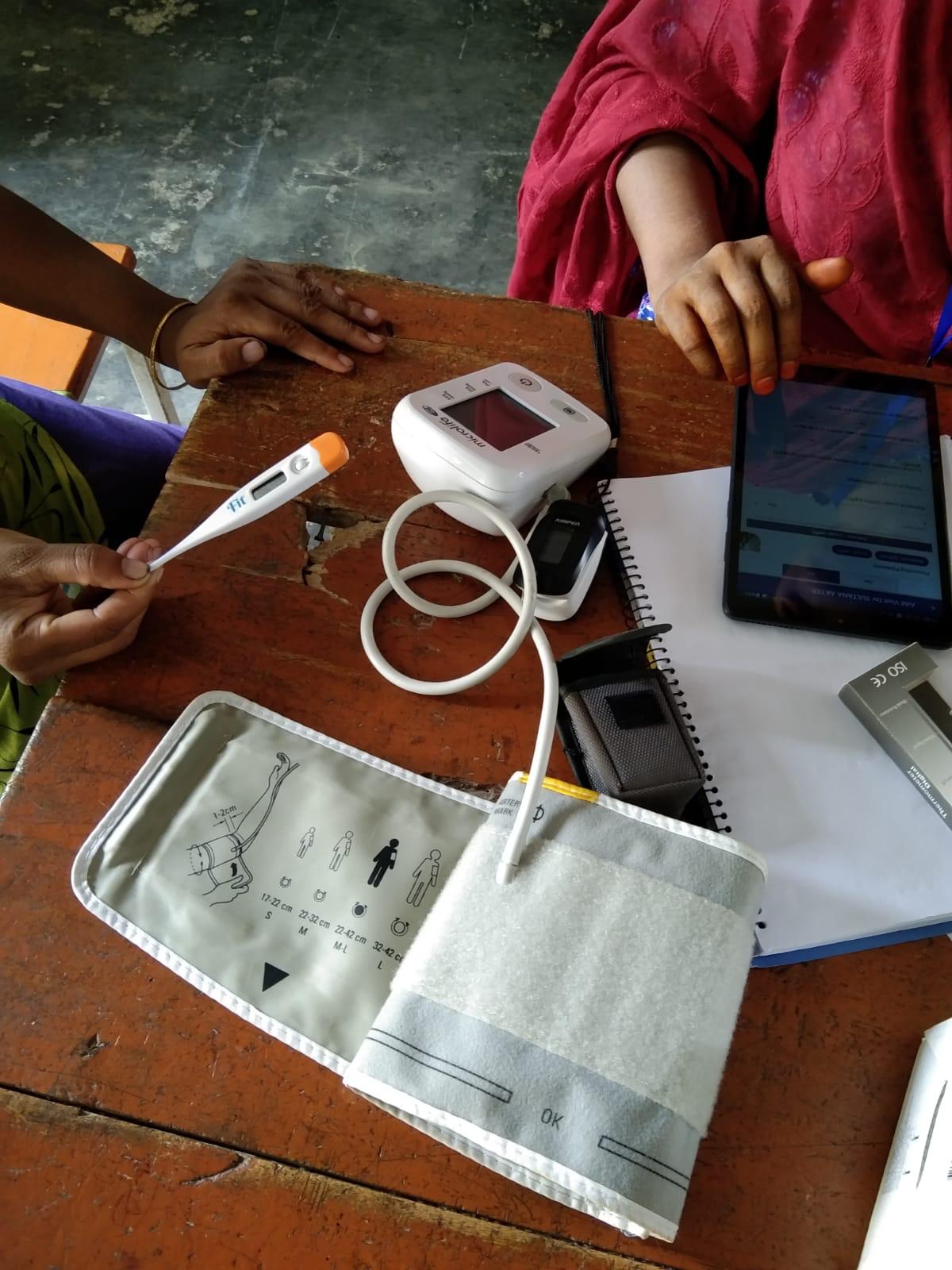
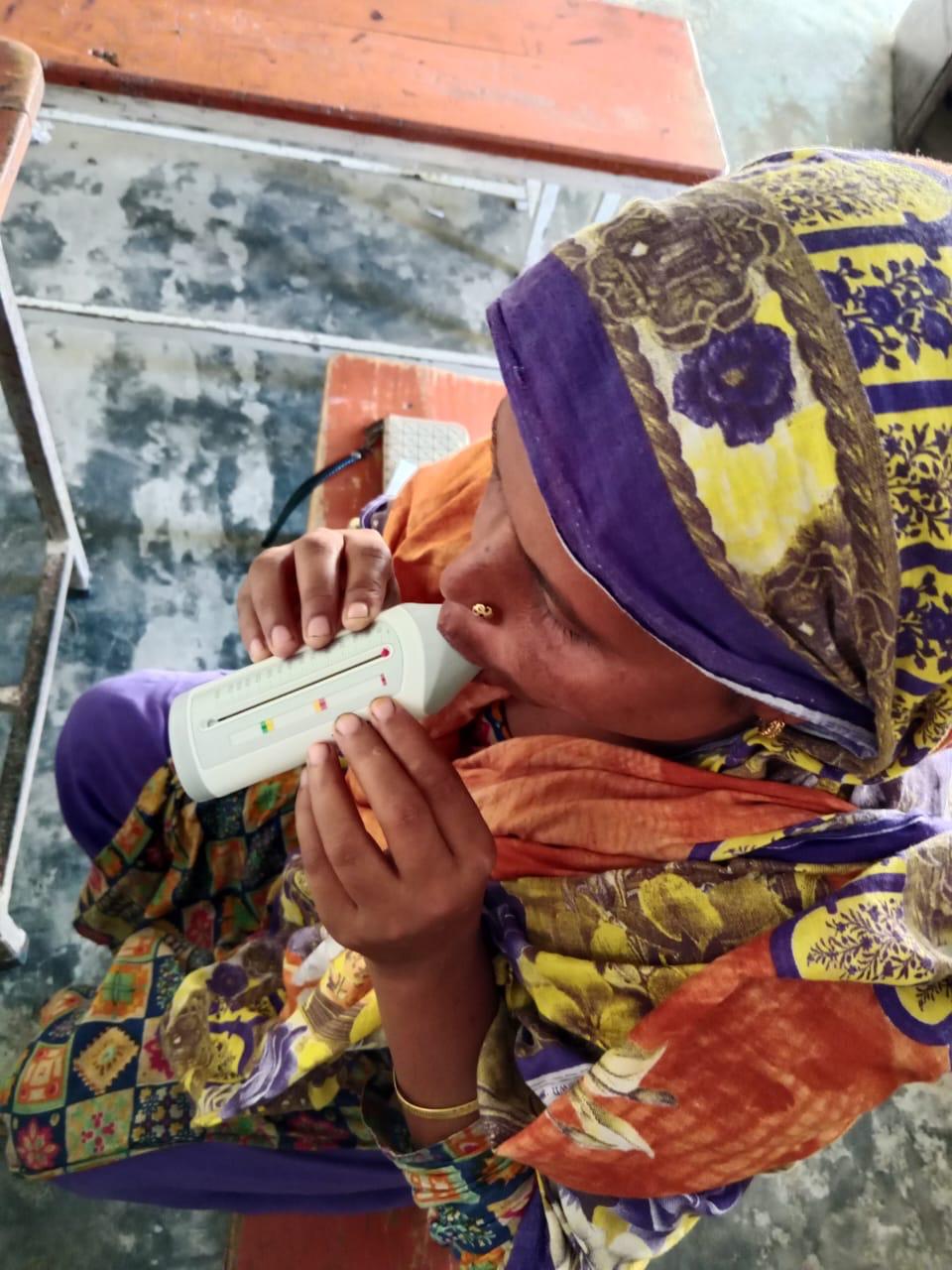
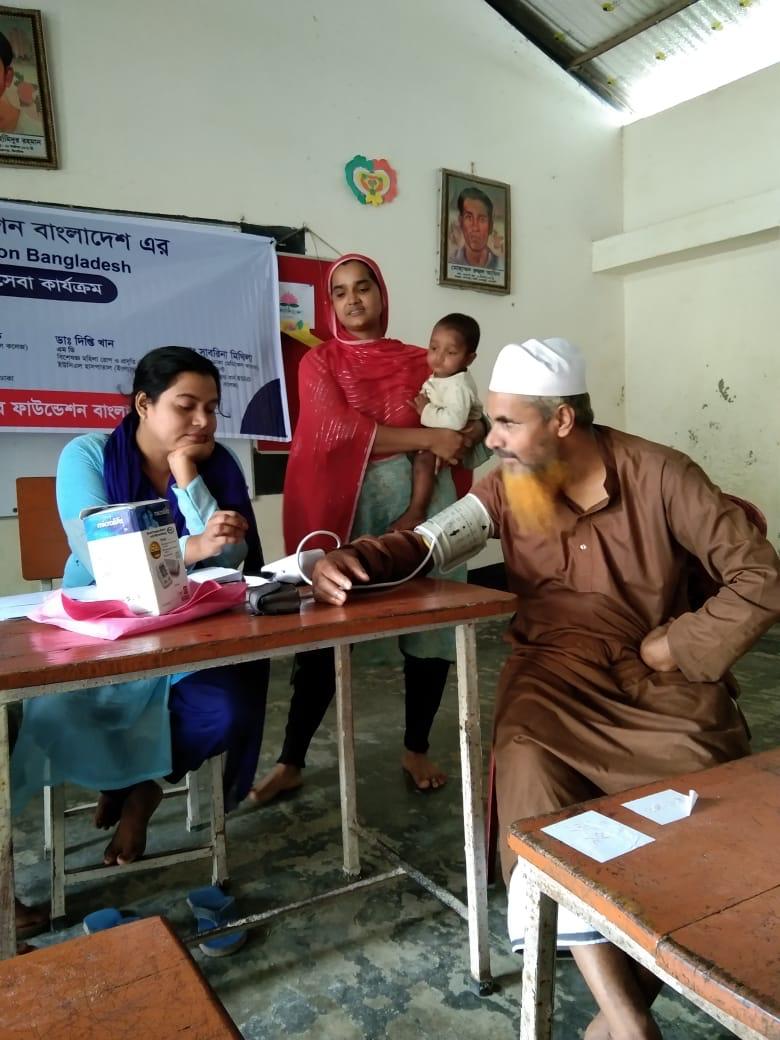
Clinical Data Recorded on Our in House Healthcare Digital Platform
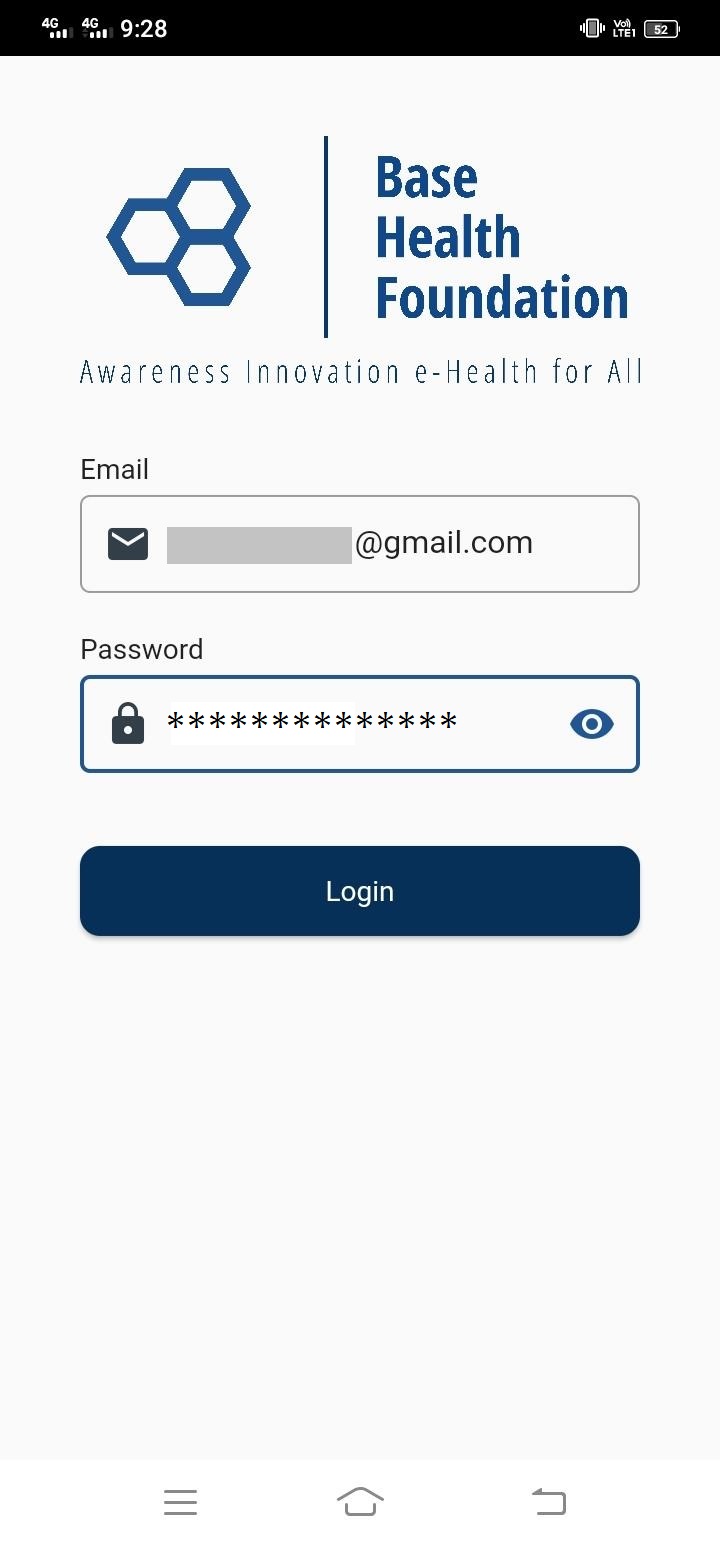
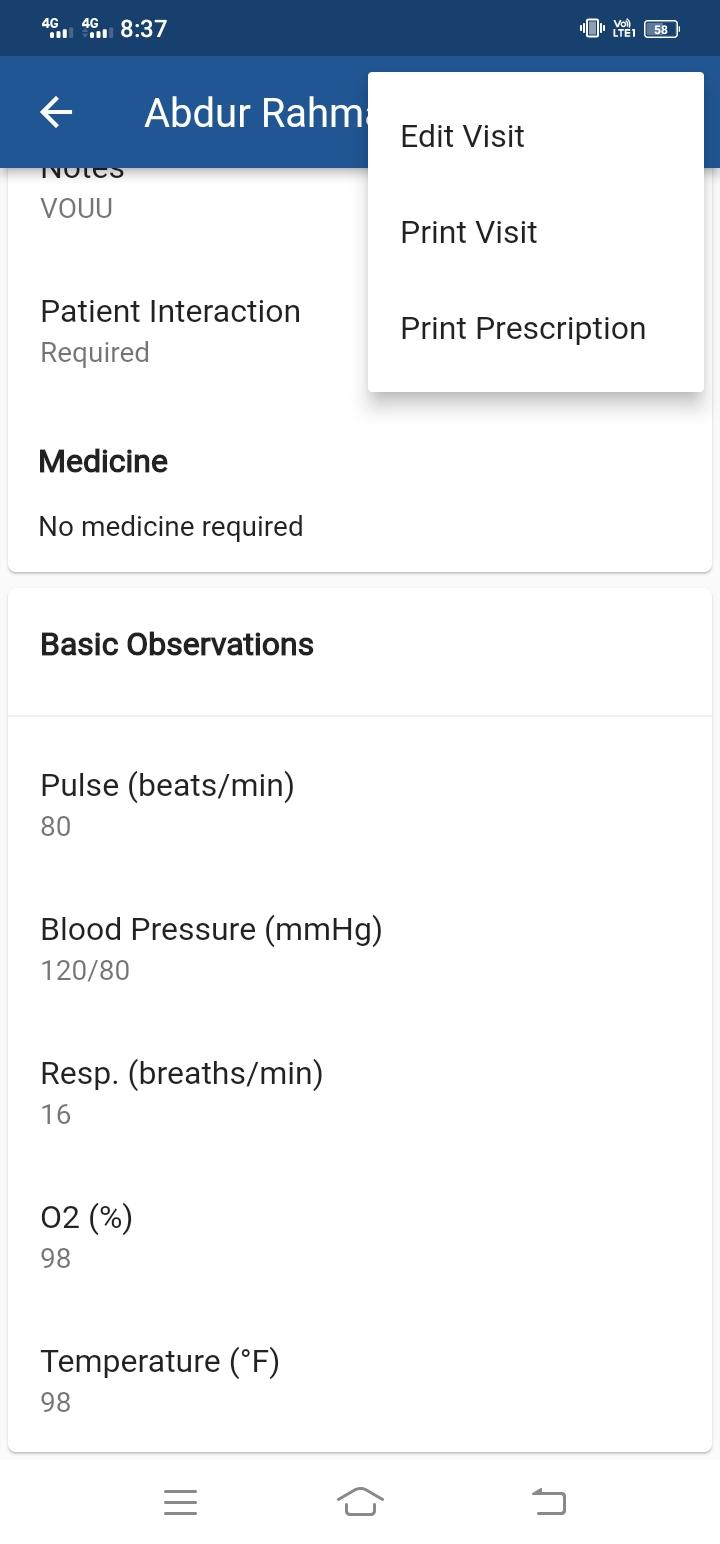
Weekly Clinics with Remote Access Consultation & Free Medicine Distribution
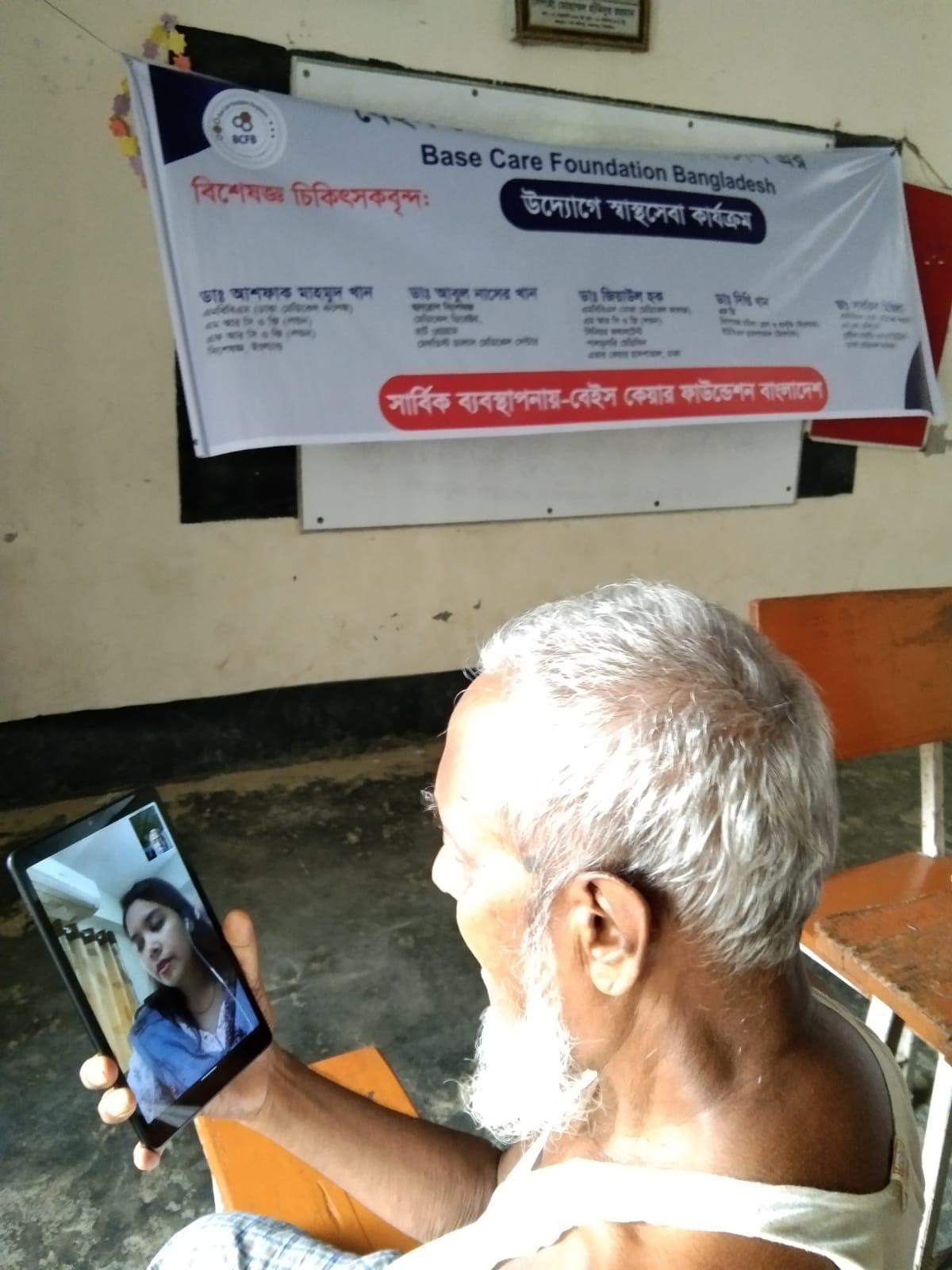
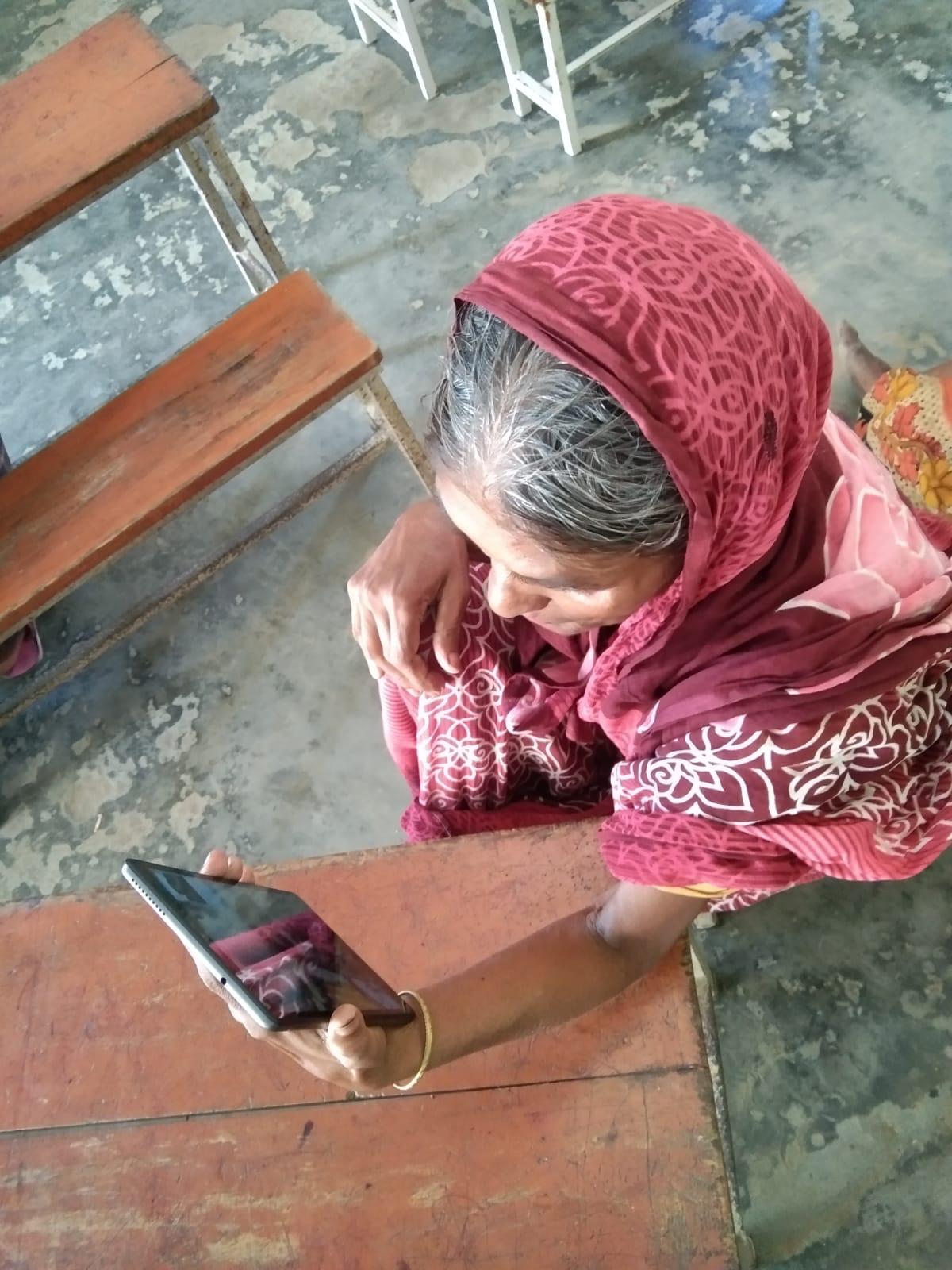
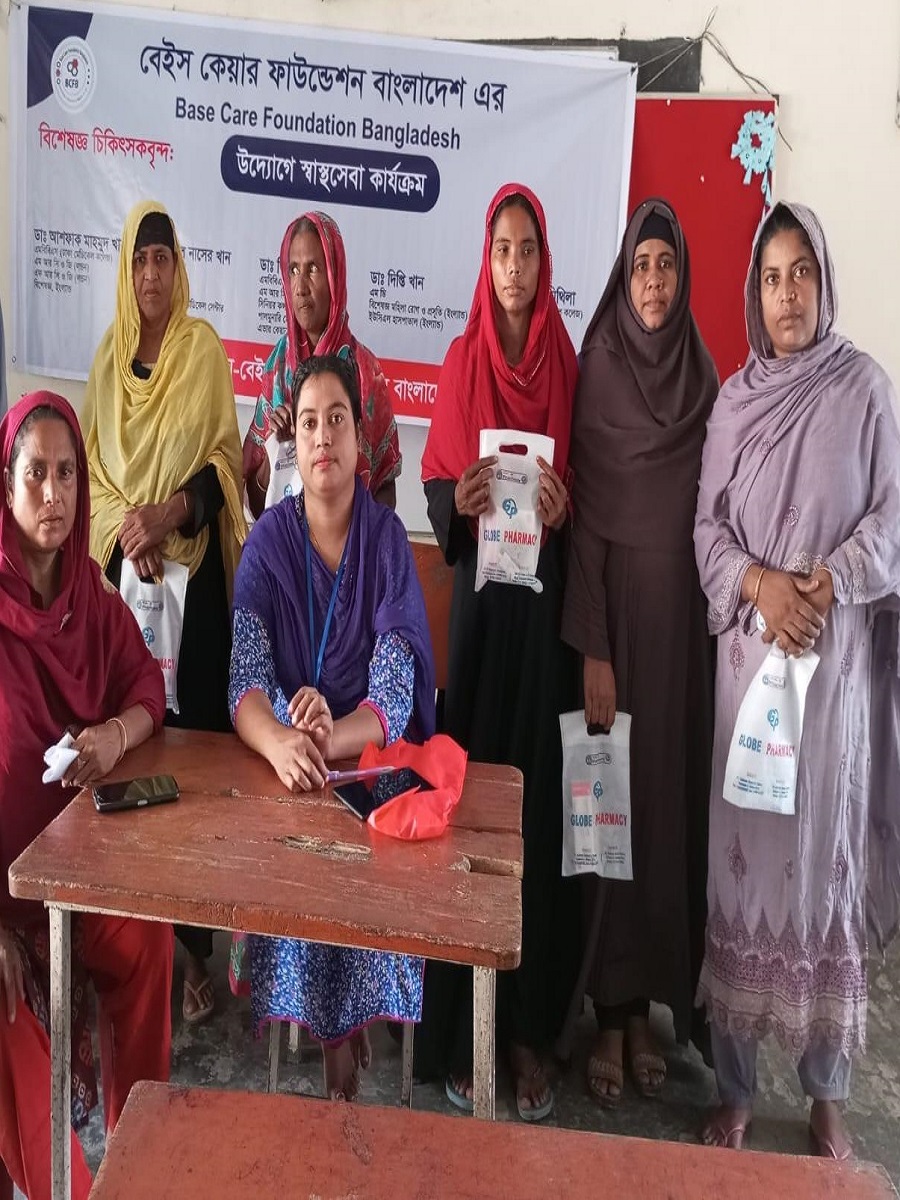
Health Education with Local Health Educator
